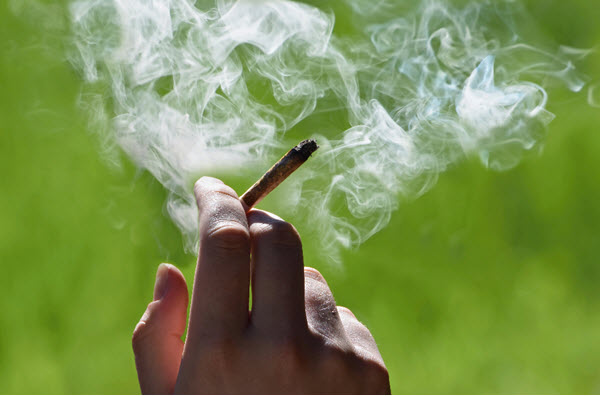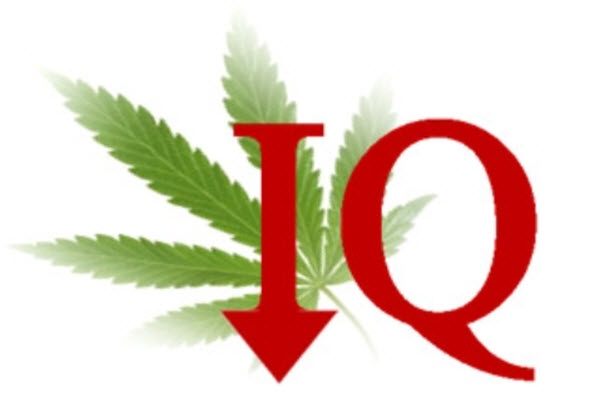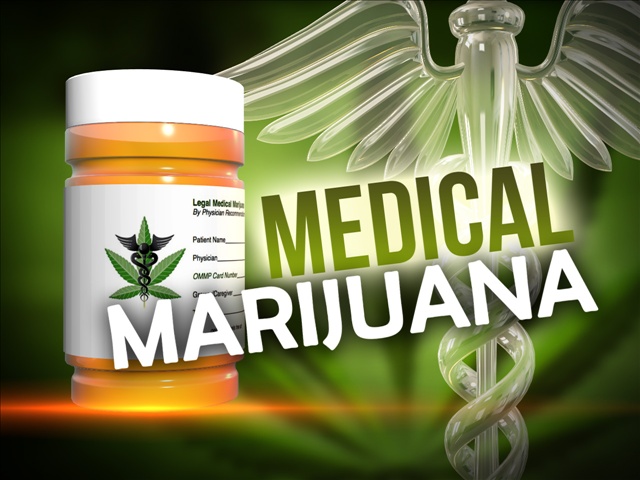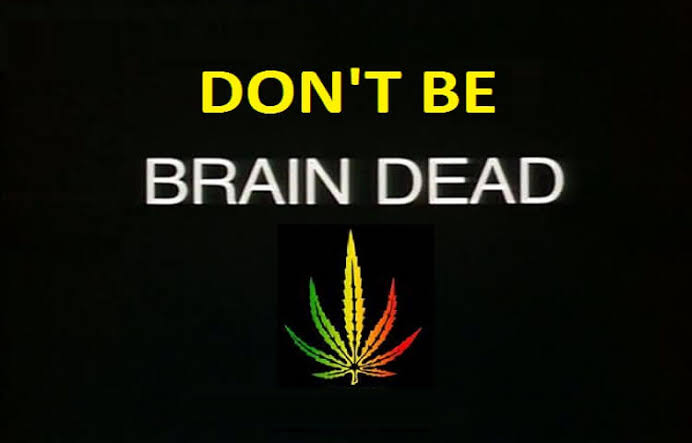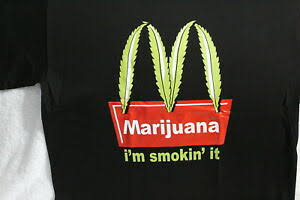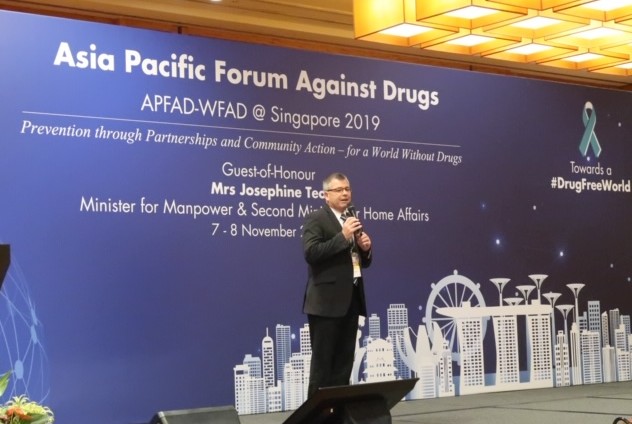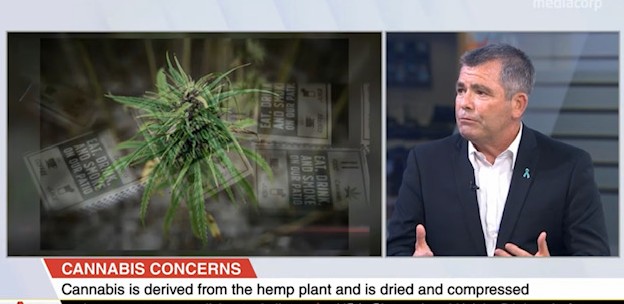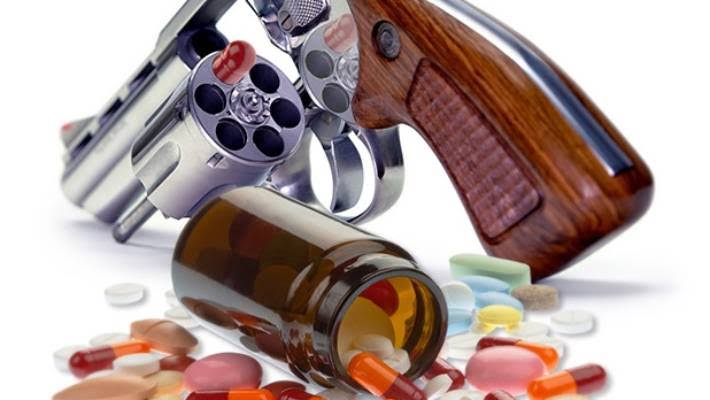
Family First Comment: If we take the justification for pill testing to its logical conclusion, should we also be testing the safety of illegal guns belonging to the gangs, set up a DOC testing programme to ensure that kereru illegally caught are safe to eat, help homebased P-labs operators meet their IRD tax requirements, and offer free Warrant of Fitness checks for getaway vehicles involved in aggravated robberies?
….Pill testing sounds well-intentioned, but behind the smokescreen is simply another ‘facilitated’ ill-informed decision to consume illicit drugs. Festival goers should enjoy the music and stop playing Russian roulette with drugs and with their lives.
If we take the justification for pill testing to its logical conclusion (“When it comes to NZ drugs, better safe than sorry” Dr Siouxsie Wiles – Dominion Post, 14 Oct 2019), should we also be testing the safety of illegal guns belonging to the gangs, set up a DOC testing programme to ensure that kereru illegally caught are safe to eat, help homebased P-labs operators meet their IRD tax requirements, and offer free Warrant of Fitness checks for getaway vehicles involved in aggravated robberies?
Better safe than sorry is the mantra, isn’t it? Haven’t we lost ‘the war’ on these illegal activities? People are still doing them.
The psychiatrist, writer and retired prison doctor Theodore Dalrymple says that the ‘war on drugs is lost’ mantra is an unimaginative and fundamentally stupid metaphor – “If the war against drugs is lost, then so are the wars against theft, speeding, incest, fraud, rape, murder, arson, and illegal parking. Few, if any, such wars are winnable.”
We are not engaged in a war on drugs. We are defending our minds, our health and safety. The end goal of the anti-smoking campaign has not been ‘slow down’ or ‘moderate’ but ‘quit’, with numerous strategies and support agencies assisting on the journey. The numbers overwhelmingly suggest that it is working.
Lobbying to allow drug use and drug testing at music festivals is flawed and dangerous. It’s being used by drug-friendly groups as a wedge to normalise drug use.
At the same time as we encourage and adopt alcohol-free and smoke-free public events, having drug-free music festivals is a health and safety approach based on best practice.
Drug overdoses are a huge concern, and testing won’t protect users because there is no such thing as a safe drug.
Pill testing will be seen by many younger people especially as a clear endorsement of drug use. It sends a message that illicit drugs are acceptable and can be ‘safe’, and will worsen harmful drug use, so that more lives will be put at risk with the belief that the drug they are taking is somehow ‘safe’.
Pill testing also does not – and cannot – guarantee that the drug being taken will not cause any physical or mental harm or death to the individual consumer. It also cannot account for the individual’s physiological response to each drug.
Drug-Free Australia has provided research showing that according to the medical literature the accelerating number of Australian deaths from ecstasy are mostly not from overdosing, nor, according to coroners’ reports, are they due to impurities in party pills – but rather from individual reactions to drugs. A group of friends can all ingest the same amount but only one might die.
Pill testing cannot test for use of other drugs. Pill testing cannot test for individual allergic-like reactions. Pill testing onsite cannot test for dose. Pill testing is incapable of preventing home deaths.
If pill testing is pursued with government approval, the inevitable result will be more people willing to use the substance on the false assumption that they are now safe and publicly acceptable.
As Australian Toxicologist Andrew Leibie, said in late-2017, “Public statements made by politicians that the trial would help ‘keep people safe’ were potentially misleading. MDMA is not a safe drug… The whole concept is based on the false assumption that if you do know what you’re taking, it is safe – something that is absolutely untrue.”
A recent study by Western Australia’s Edith Cowan University found that while first time users at festival might be more cautious, prior ecstasy users were only more likely to reduce their harm intentions if the ecstasy contained a toxic contaminant, not if the test revealed a high dose or an inconclusive result. The researchers said that this finding is important because some of the recent ecstasy-related deaths at festivals in Australia which have been linked to high doses of ecstasy. Additionally, if the participant was a prior ecstasy user who was also high in sensation seeking, then they were at the greatest risk of harm, even after participating in the pill test.
Melvin Benn, Festival Republic’s managing director, UK’s largest festival organiser which organises Reading and Leeds Festivals, among others, said “Determining to a punter that a drug is in the ‘normal boundaries of what a drug should be’ takes no account of how many he or she will take, whether the person will mix it with other drugs or alcohol and nor does it give you any indicator of the receptiveness of a person’s body to that drug… There are no safe illegal drugs.”
Pill testing sounds well-intentioned, but behind the smokescreen is simply another ‘facilitated’ ill-informed decision to consume illicit drugs.
Festival goers should enjoy the music and stop playing Russian roulette with drugs and with their lives.
